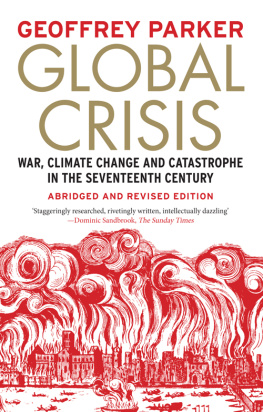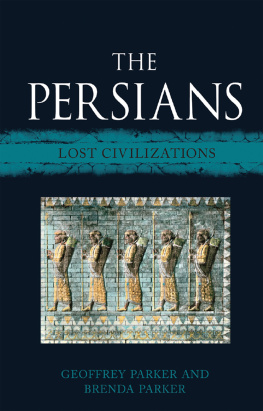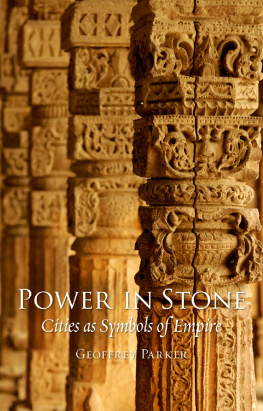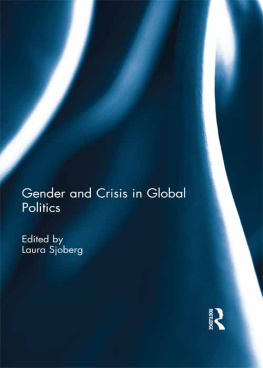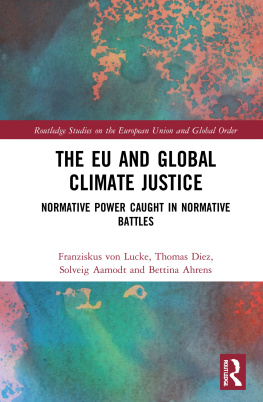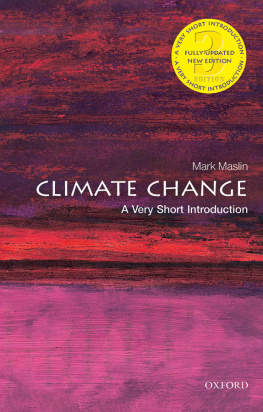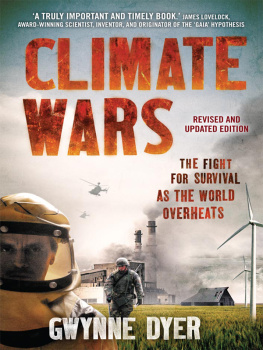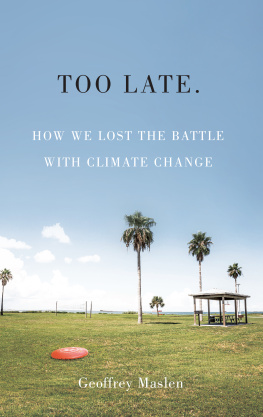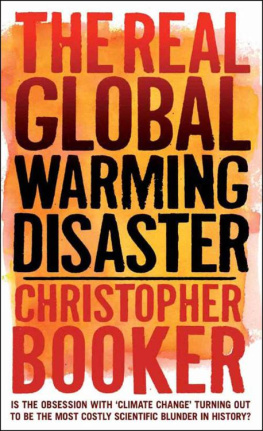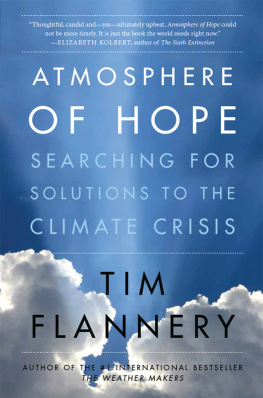GLOBAL CRISIS
Geoffrey Parker is a renowned British historian who taught at the University of St Andrews, the University of Illinois, the University of British Columbia, and Yale University, before becoming Andreas Dorpalen Professor of European History and Associate of the Mershon Center at The Ohio State University. He is a Fellow of the British Academy, the Netherlands Academy of Arts and Sciences, the Spanish-American Academy of Arts and Sciences (Cadiz), the Royal Academy of History (Madrid), and the Royal Society of Edinburgh. He is also a Profesor Afiliado in the Divisin de Historia at the Centro de Investigacin y Docencia Econmicas, Mexico City. His many books include The Military Revolution (1988; winner of the best book prize of the American Military Institute and the Society for the History of Technology), The Grand Strategy of Philip II, published by Yale in 1998 (winner of the Samuel Eliot Morison Prize), and, most recently, Imprudent King: A New Life of Philip II, published by Yale in 2014. In 2012, the Royal Dutch Academy awarded Parker its biennial Heineken Foundation Prize for History, open to scholars in any field and any period, from any country; two years later, he won a medal awarded by the British Academy for a landmark academic achievement which has transformed understanding of a particular subject for Global Crisis.

Copyright 2017 Geoffrey Parker
Original hardback edition published 2013
All rights reserved. This book may not be reproduced in whole or in part, in any form (beyond that copying permitted by Sections 107 and 108 of the U.S. Copyright Law and except by reviewers for the public press) without written permission from the publishers.
For information about this and other Yale University Press publications, please contact:
U.S. Office:
Europe Office:
Set in Minion Pro by IDSUK (DataConnection) Ltd
Printed in Great Britain by Hobbs the Printers, Totton, Hampshire
Library of Congress Cataloging-in-Publication Data
Names: Parker, Geoffrey, 1943- author.
Title: Global crisis : war, climate change and catastrophe in the seventeenth century / Geoffrey Parker.
Description: Abridged edition. | New Haven : Yale University Press, 2017. | Includes bibliographical references and index.
Identifiers: LCCN 2017005476 (print) | LCCN 2017008357 (ebook) | ISBN 9780300219364 (paperback) | ISBN 9780300226355 ()
Subjects: LCSH: History, Modern17th century. | Military history17th century. | Civil WarHistory17th century. | RevolutionsHistory17th century. | Climatic changesSocial aspectsHistory17th century. | DisastersHistory17th century. | BISAC: HISTORY / World. | HISTORY / Modern / 17th Century.
Classification: LCC D247 .P37 2017 (print) | LCC D247 (ebook) | DDC 909/.6dc23
LC record available at https://lccn.loc.gov/2017005476
A catalogue record for this book is available from the British Library.
10 9 8 7 6 5 4 3 2 1
This book is dedicated in admiration to all who fight multiple sclerosis
Global Crisis Cruelly Abridged
And the earth did spin.
An orb far from warming light.
Cast in a dark pall.
From the sun it came;
Wave on wave, chilling absence.
Crops stunted in bloom.
The hardship spread fast.
The golden age did not last.
Rulers toppled first.
Out in barley fields,
Where farmers could scrounge no meals,
Hear the beating drum!
Headless was the king.
And the historians sing:
The weather! Really?
Bah
R ICHARD P ARKER , January 2014
Composed upon learning that Gregory C. Johnson, an oceanographer, had distilled the 2,000-page IPCC Fifth Assessment Report into nineteen haiku
Contents
Figures
Preface to the Abridged and Revised Edition
This is a big book. Hollowed out it would serve as a mausoleum for Ronnie Corbett, the late, much-loved, diminutive Scottish comedian: thus Hugh MacDonald began the first review of Global Crisis to appear in print, in the Sunday Herald in March 2013. Several subsequent reviewers commented on the size of the book; a few clamoured to know more. We are not told, the sociologist Jack Goldstone lamented,
Why did northwestern Europes gains in income and productivity in the 18th century not simply get diluted by more rapid population increase, as happened in southern and central Europe? For that matter, why did China, which also experienced gains in long-distance trade and agricultural productivity in the late 17th and early 18th century, fail to build on these trends and make further gains?
These are indeed fascinating and important questions but, as Goldstone conceded, they would take perhaps hundreds more pages to answer. Those who construct a literary mausoleum should recall Samuel Johnsons verdict on John Miltons Paradise Lost: [It] is one of the books which the reader admires and lays down, and forgets to take up again. None ever wished it longer than it is.
The most radical suggestion for abridgement came from my son Richard, who summarized the book in five haiku (now the books epigraph, for those in a hurry). Paul Warde was slightly less radical in his fourteen-page review for Past and Present: one is left wondering if the thesis might have been better resting as a provocative article. In support of his suggestion, Warde observed that by the end of the seventeenth century not a single one of the polities that populate the book had disappeared (unless one counts Ming China, but this could be regarded as a shift in the make-up of a relatively small tier of ruling elites). Crisis? What crisis?, one might mischievously ask.ruin and enslavement of millions more. No article, however provocative, could do justice to their experience of the seventeenth-century crisis, let alone to the experience of those in other polities that either disappeared or suffered traumatic dislocation (summarized on pages 5001).
Nevertheless, this abridged edition omits many details from the original text, a few sections that deviated from the main argument, all endnotes except those that reference quotations, all plates and half the figures. By contrast, it includes the results of some important research on the seventeenth-century crisis published since I finalized my original text in May 2012, and it corrects some errors noted by erudite colleagues, especially those who participated in two forums about the book, one published in Historically Speaking in 2013 and the other in the Journal of World History in 2015.
Prologue:
Did Someone Say Climate Change?
Climate change has frequently caused or contributed to widespread destruction and dislocation on Earth. Glaciers around the world advanced and retreated at least five times during the Pleistocene, each one a major climate-related event; the last one, which ended some 12,000 years ago, wiped out most species of large mammals, such as the mammoths. About 4,000 years ago, societies in South and West Asia collapsed amid general drought; between AD 750 and 900 droughts on both sides of the Pacific fatally weakened the Tang empire in China and the Maya culture in Central America; in the fourteenth century, a combination of violent climatic oscillations and major epidemics halved Europes population and caused severe depopulation and disruption in much of Asia. Then, in the seventeenth century, both the northern and southern hemispheres experienced undoubtedly the most pronounced global climate anomaly of the past 8,000 years (until contemporary global warming) according to Sam White: eight decades of unusually cold weather.
Although climate change can and does produce human catastrophe, until recently few historians included it in their analyses of past events. Even Emmanuel Le Roy Laduries pioneering 1967 study
Next page
